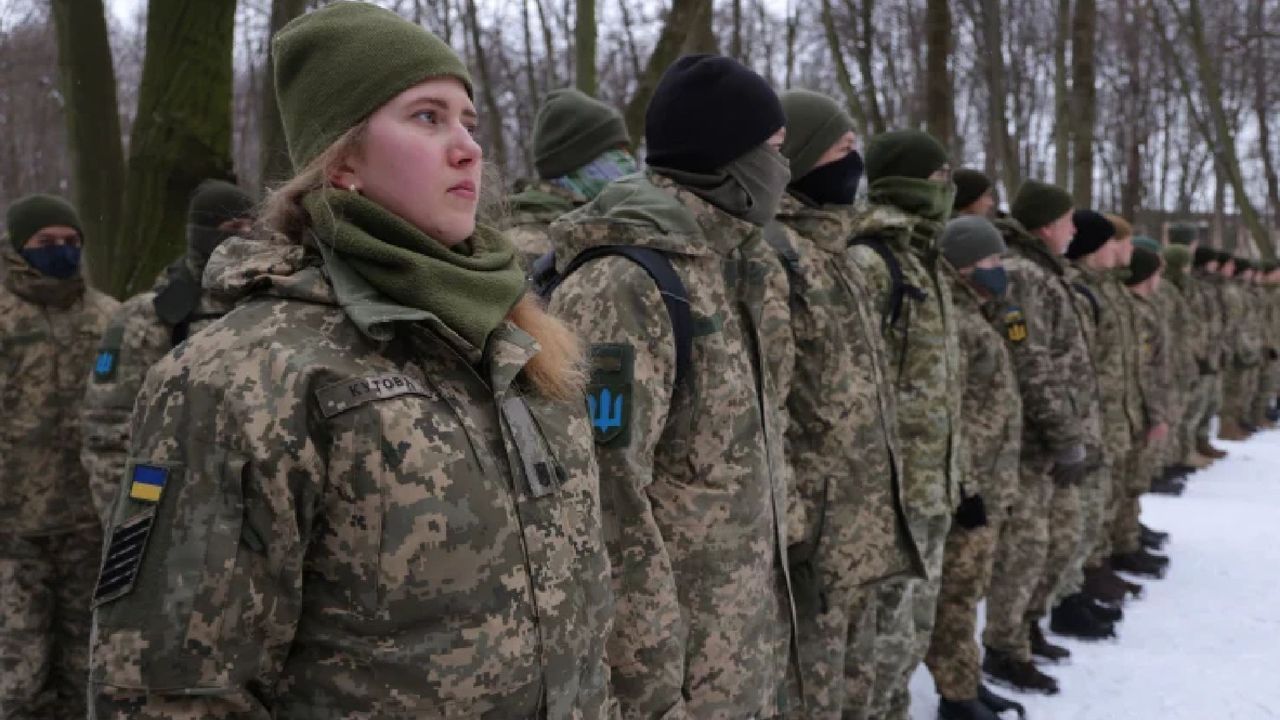Europe, US, and NATO reject Macron's proposal for deploying ground forces in Ukraine
The notion of sending troops has been a sensitive topic, mainly as NATO aims to avoid being drawn into a broader conflict with nuclear-armed Russia

The NATO chief stated that the U.S.-led alliance has no intentions of dispatching combat forces to Ukraine, a stance echoed by leaders from central European countries who also affirmed their non-involvement in sending soldiers.
A U.S. National Security Council spokesperson, Adrienne Watson, reiterated President Joe Biden's stance that the U.S. will not engage in military combat in Ukraine.
Moscow issued a warning, stating that a confrontation between NATO and Russia would become unavoidable if the alliance deployed combat troops. Kremlin representative Dmitry Peskov emphasized the inevitability of conflict in such a scenario.
Following discussions at a conference hosted by French President Emmanuel Macron involving officials from over 20 Western supporters of Ukraine, German Chancellor Olaf Scholz clarified that there was a consensus against deploying ground troops by European or NATO nations in Ukraine.
While Macron's suggestion of sending Western ground troops faced criticism and isolation, French Defence Minister Sébastien Lecornu clarified that discussions at the conference revolved around de-mining and military training operations in Ukraine, not engaging in war with Russia.
The notion of sending troops has been a sensitive topic, mainly as NATO aims to avoid being drawn into a broader conflict with nuclear-armed Russia. Individual NATO members can participate in such actions, but the organization requires unanimous agreement from its 31 members.
NATO Secretary-General Jens Stoltenberg emphasized the alliance's substantial support for Ukraine but asserted that there are no plans to deploy combat troops on Ukrainian soil.
Leaders from Poland and the Czech Republic also stated their countries' intentions not to send troops to Ukraine.
However, several European nations, including France, supported initiatives to provide military aid to Ukraine, such as purchasing ammunition shells and delivering missiles.
Stoltenberg did not oppose the idea of Ukraine using Western weaponry to target Russian military sites, emphasizing each ally's discretion in setting conditions for the use of provided equipment.
In summary, the decision by major European military powers, the U.S., and NATO not to send troops to Ukraine remains firm, focusing on providing support through non-combat means and respecting each nation's right to self-defense.
Source: AP






